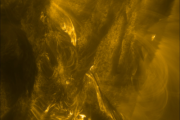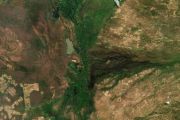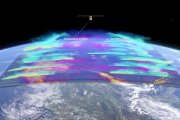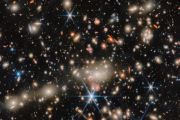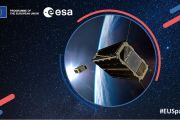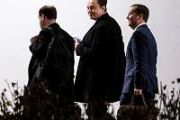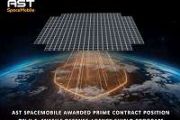
Copernical Team
Rocket Lab Moon Mission for NASA a Success
 Rocket Lab USA, Inc. (Nasdaq: RKLB) has successfully deployed a pathfinding satellite for NASA, setting it on a course to the Moon. The deployment marks the successful completion of Rocket Lab's first deep space mission, paving the way for the Company's upcoming interplanetary missions to Mars and Venus.
Owned and operated by Advanced Space on behalf of NASA, the Cislunar Autonomous Positi
Rocket Lab USA, Inc. (Nasdaq: RKLB) has successfully deployed a pathfinding satellite for NASA, setting it on a course to the Moon. The deployment marks the successful completion of Rocket Lab's first deep space mission, paving the way for the Company's upcoming interplanetary missions to Mars and Venus.
Owned and operated by Advanced Space on behalf of NASA, the Cislunar Autonomous Positi Kongsberg to acquire NanoAvionics; AST SpaceMobile sells stake
 Kongsberg Defence and Aerospace (Kongsberg) has entered into an agreement to acquire Lithuanian smallsat mission integrator and bus manufacturer NanoAvionics. The planned acquisition expands Kongsberg's space offering to also have products and technology for manufacturing small satellites.
NanoAvionics is a leading smallsat mission integrator and bus manufacturer with significant global gr
Kongsberg Defence and Aerospace (Kongsberg) has entered into an agreement to acquire Lithuanian smallsat mission integrator and bus manufacturer NanoAvionics. The planned acquisition expands Kongsberg's space offering to also have products and technology for manufacturing small satellites.
NanoAvionics is a leading smallsat mission integrator and bus manufacturer with significant global gr Earth orbit, Moon, Mars: ESA’s ambitious roadmap
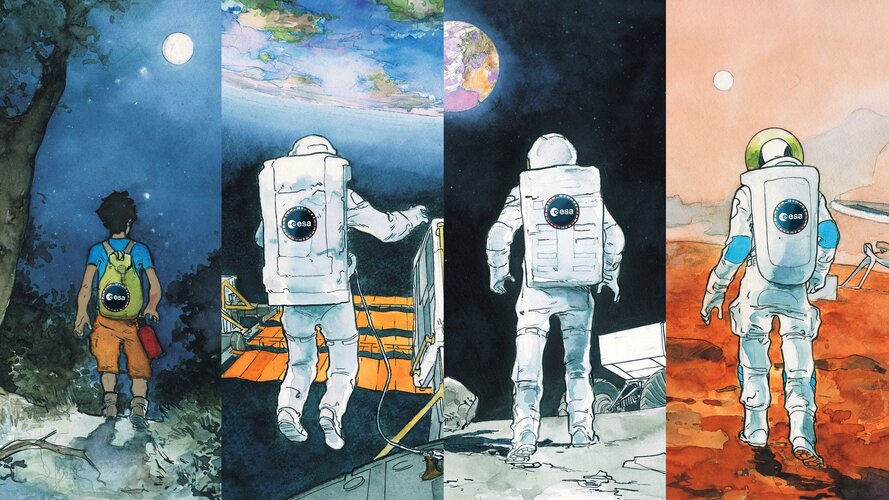
NASA satellite breaks from orbit around Earth, heads to moon
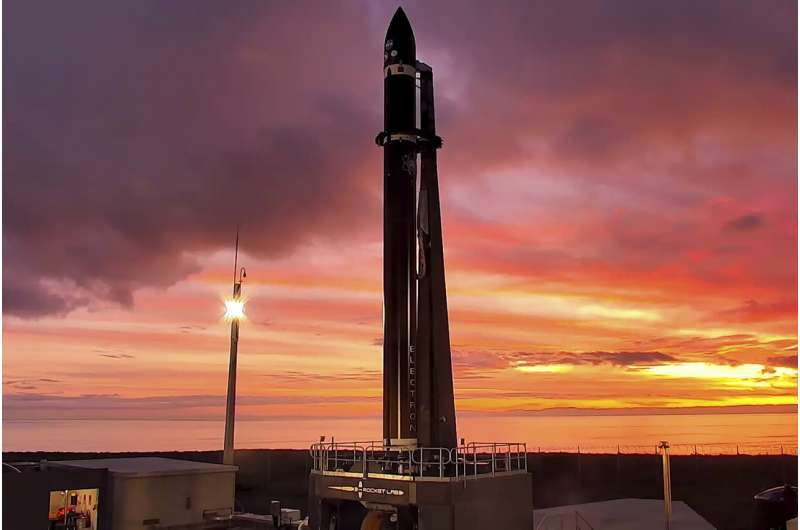
A satellite the size of a microwave oven successfully broke free from its orbit around Earth on Monday and is headed toward the moon, the latest step in NASA's plan to land astronauts on the lunar surface again.
From Earth orbit to the Moon and Mars: ESA’s exploration roadmap for space autonomy and leadership

Watch: Earth Explorer 10 Consultation
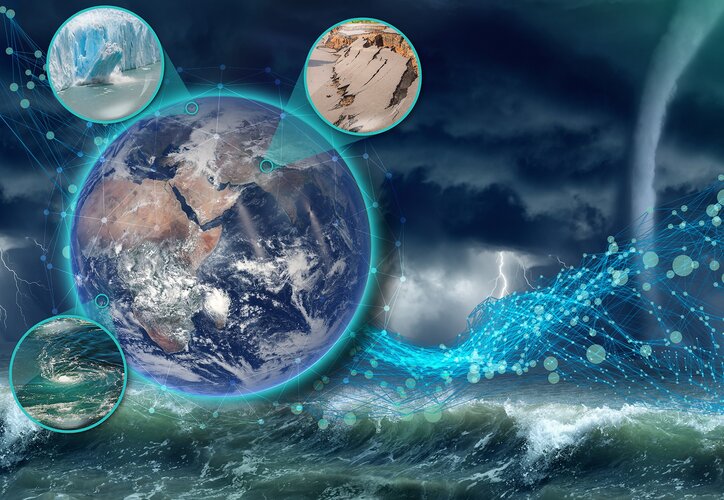
Watch: Earth Explorer 10 Consultation
On 5 July, follow the discussion on Harmony at the User Consultation Meeting for ESA's tenth Earth Explorer
Cosmic manatee accelerates particles from head
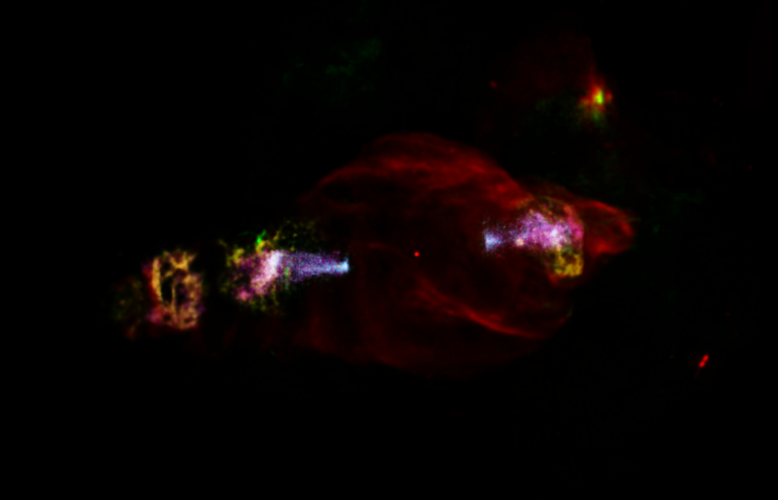 Image:
Cosmic manatee accelerates particles from head
Image:
Cosmic manatee accelerates particles from head What Are The Top 3 Celestial Events In 2022
 Before we excite you with the 3 major celestial events scheduled to occur in 2022, let's figure out what celestial events are. These pertain to an astronomical field of interest that involves all celestial objects, including objects relating to visible heavens or the sky, such as the moon, sun, and stars.
Before we excite you with the 3 major celestial events scheduled to occur in 2022, let's figure out what celestial events are. These pertain to an astronomical field of interest that involves all celestial objects, including objects relating to visible heavens or the sky, such as the moon, sun, and stars. Seismic waves from earthquakes reveal changes in the Earth's outer core
 In May 1997, a large earthquake shook the Kermadec Islands region in the South Pacific Ocean. A little over 20 years later, in September 2018, a second big earthquake hit the same location, its waves of seismic energy emanating from the same region.
Though the earthquakes occurred two decades apart, because they occurred in the same region, they'd be expected to send seismic waves through
In May 1997, a large earthquake shook the Kermadec Islands region in the South Pacific Ocean. A little over 20 years later, in September 2018, a second big earthquake hit the same location, its waves of seismic energy emanating from the same region.
Though the earthquakes occurred two decades apart, because they occurred in the same region, they'd be expected to send seismic waves through Iceland volcano eruption opens a rare window into the Earth beneath our feet
 The recent Fagradalsfjall eruption in the southwest of Iceland has enthralled the whole world, including nature lovers and scientists alike. The eruption was especially important as it provided geologists with a unique opportunity to study magmas that were accumulated in a deep crustal magma reservoir but ultimately derived from the Earth's mantle (below 20 km).
A research team from Univer
The recent Fagradalsfjall eruption in the southwest of Iceland has enthralled the whole world, including nature lovers and scientists alike. The eruption was especially important as it provided geologists with a unique opportunity to study magmas that were accumulated in a deep crustal magma reservoir but ultimately derived from the Earth's mantle (below 20 km).
A research team from Univer 








